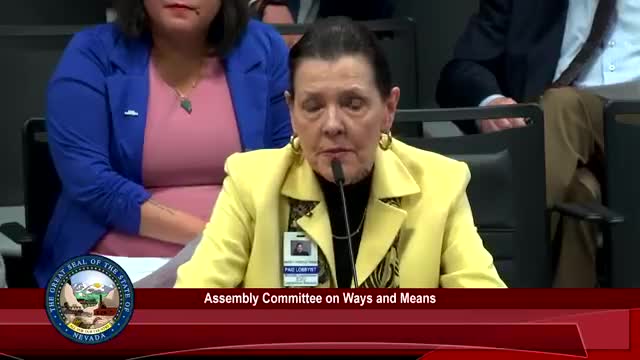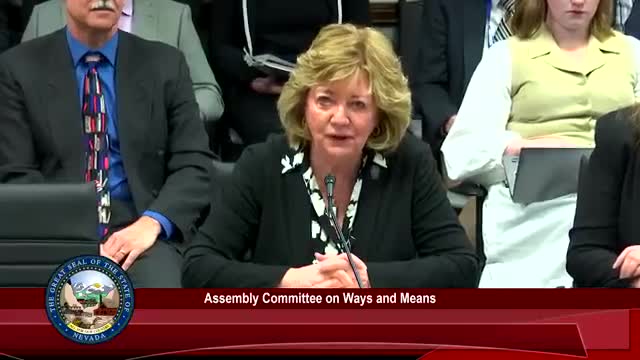Article not found
This article is no longer available. But don't worry—we've gathered other articles that discuss the same topic.

Nevada bill would create ‘payments bank’ charter to attract fintech firms and fees

Assembly amendment delays expanded paid family and medical leave to 2028; employers push back on costs

Bill would let PERS seek collection help across agencies after charter school delinquencies

